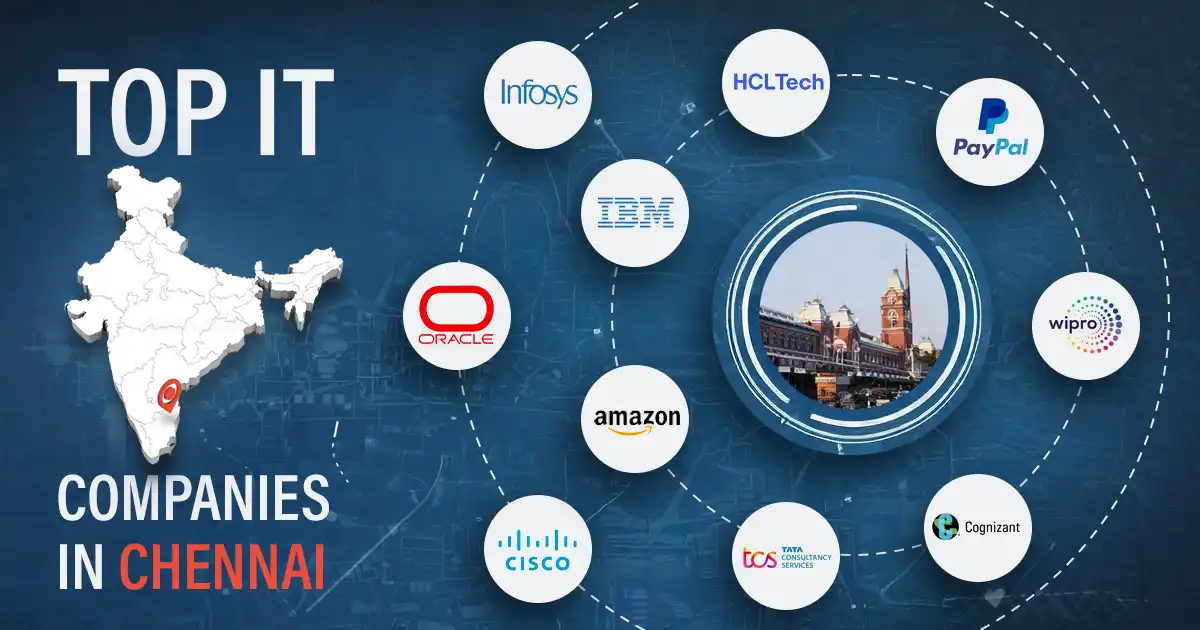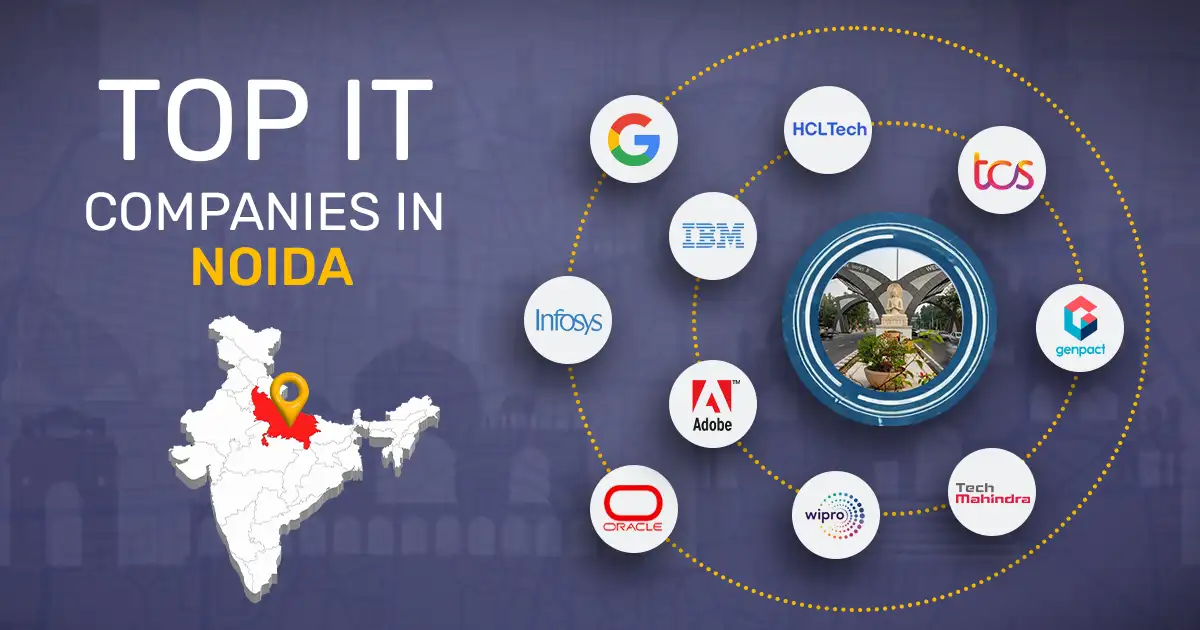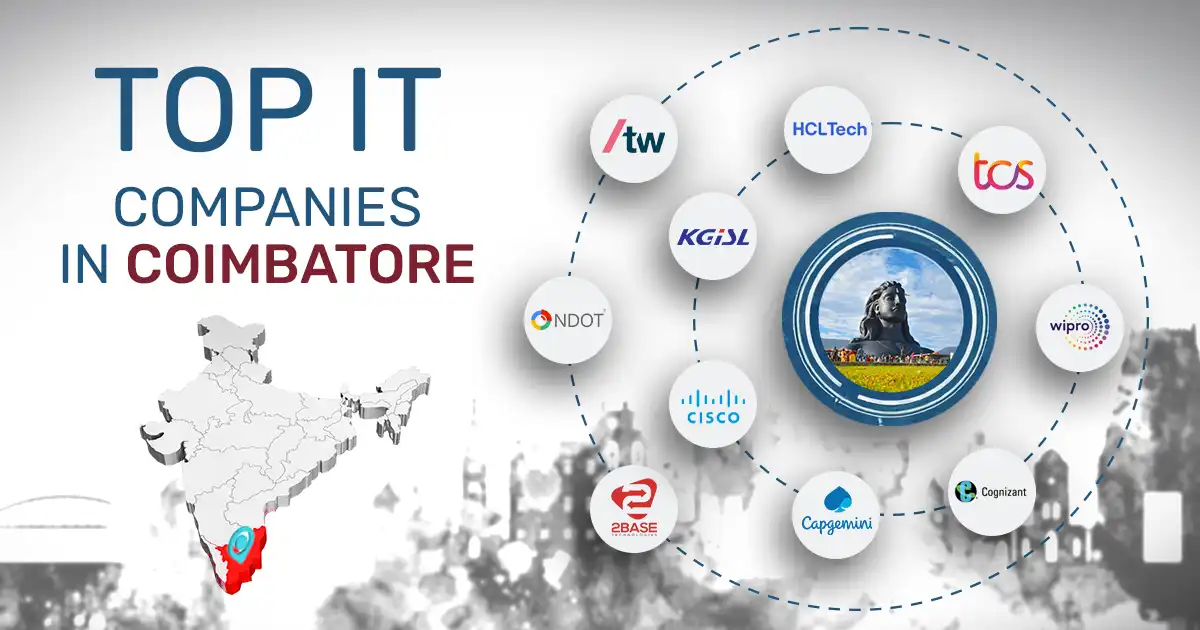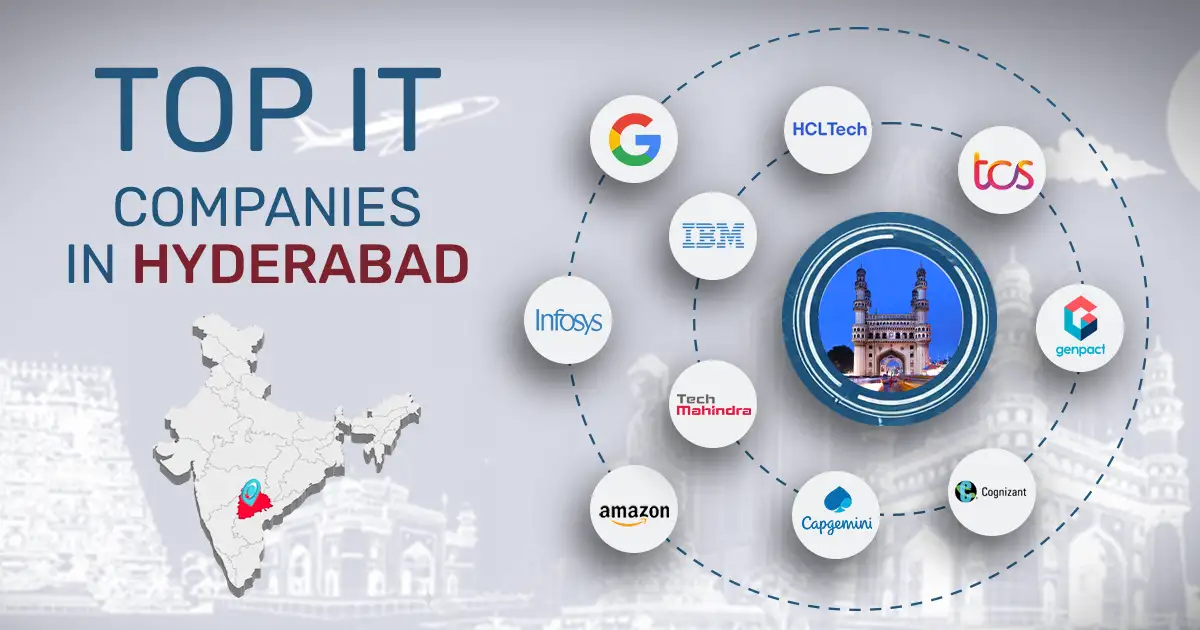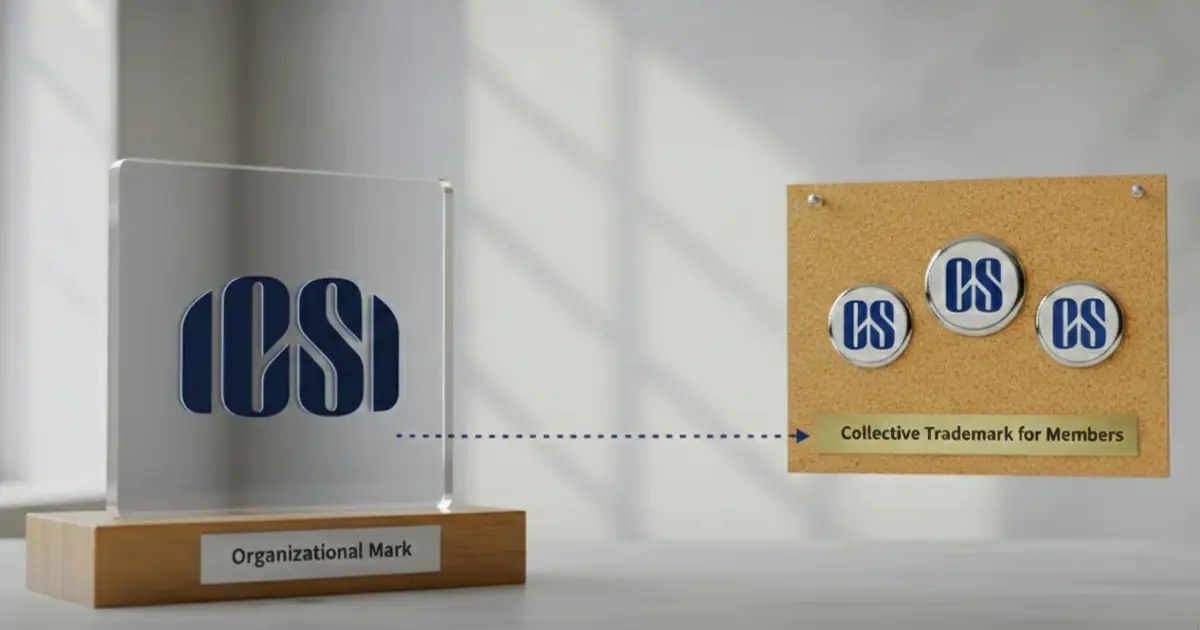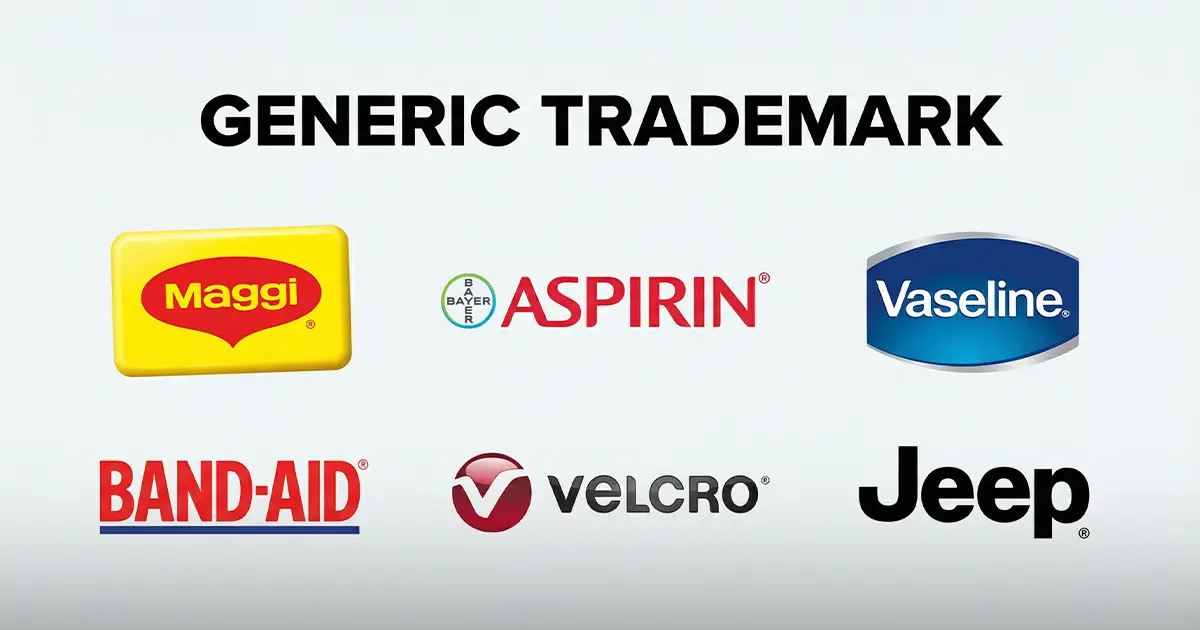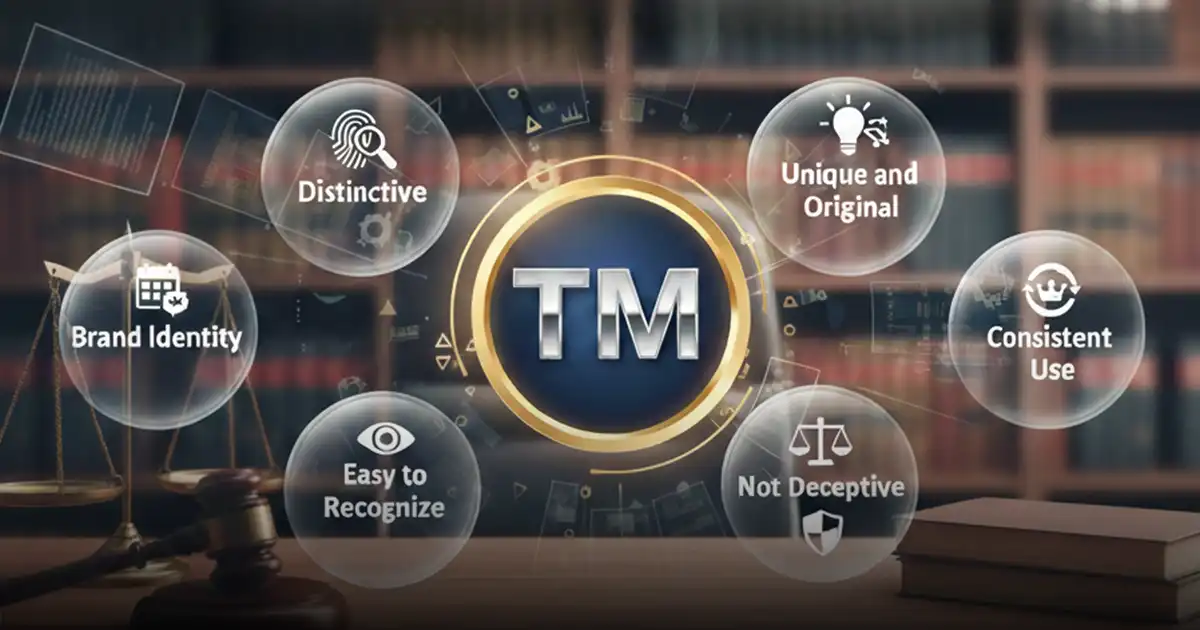Once your company is successfully registered in France, the journey continues with a series of crucial post-registration compliance and obligations to ensure smooth and legal operations.
1. Post-Registration Compliance and Obligations
After receiving your SIRET number and registering with the Trade and Companies Register (RCS), you'll need to:
- Obtain a KBIS Extract: This official document from the RCS is essential for various administrative tasks, including opening a business bank account.
- Open a Business Bank Account: This is a mandatory step for managing your company's finances.
- Secure Industry-Specific Licenses & Permits: Depending on your business activity (e.g., food and beverage, real estate, environmental impact), you may need specific licenses or permits. It's crucial to consult with your local Centre de Formalités des Entreprises (CFE) or professional organizations to identify and obtain these.
- Register for Taxes and Social Security: Most of these registrations are initiated during your company's initial registration with the CFE, but it's important to confirm your proper registration with the Directorate General of Public Finances (DGFiP) for taxes and URSSAF for social security.
- Beneficial Owner Reporting (UBO): You'll need to file a beneficial owner report, generally at the time of incorporation or within 15 days of it.
- Corporate Governance and Record-Keeping: Maintain proper corporate governance, including holding annual general meetings (AGMs) where shareholders review performance and approve financial statements. Minutes of these meetings must be recorded and kept. Also, keep accurate and updated records of shareholders, directors, and any changes to the company's articles of association.
- Notify Changes to the Company: Timely inform the Trade and Companies Register (RCS) of any changes in company name, address, directors, shareholders, or share transfers.
2. Understanding French Corporate Taxes (VAT, Corporate Income Tax)
French companies are subject to various taxes:
Corporate Income Tax (Impôt sur les Sociétés - IS):
- The standard corporate income tax rate in France is 25%.
- A reduced rate of 15% applies to the first €42,500 of taxable profits for small corporations with an annual turnover under €10 million, provided at least 75% of their share capital is owned by individuals.
- Larger companies may be subject to additional "exceptional contributions" to CIT.
- Corporate tax returns are filed annually, typically within five months after the end of the financial year. Quarterly advance payments may be required.
Value Added Tax (VAT - Taxe sur la Valeur Ajoutée - TVA):
- VAT is a consumption tax that businesses collect on behalf of the government.
- The standard VAT rate is 20%, with reduced rates (10%, 5.5%, and 2.1%) for certain goods and services.
- Regular VAT returns must be submitted to the tax authorities (monthly, quarterly, or annually) depending on your business size and VAT due.
Territorial Economic Contribution (Contribution Économique Territoriale - CET): This is a yearly local tax composed of:
- Business Property Tax (Contribution Foncière des Entreprises - CFE): Based on the rental value of your business premises.
- Contribution on the Added Value of Companies (Contribution sur la Valeur Ajoutée des Entreprises - CVAE): Based on the business's yearly added value, applies if pre-tax income is over €500,000, and is being phased out until 2030.
3. Annual Accounting and Reporting Requirements
French law mandates detailed financial record-keeping and annual reporting:
Maintain Accounts in French: All accounting transactions must be recorded in French and comply with the Plan Comptable Général (PCG), the French accounting standards.
Key Accounting Documents: You must maintain:
- Journal Book: A Chronological record of all transactions.
- General Ledger: Organizes transactions by account category.
- Trial Balance: Ensures accounting entries are balanced.
Annual Financial Statements: Every company must prepare and file annual financial statements, including:
- Balance Sheet: Snapshot of the company's financial position (assets, liabilities, equity).
- Income Statement (Profit and Loss Account): Reflects financial performance over the year.
- Notes: Explanatory details for the financial statements.
- These statements must be submitted to the French Commercial Court Registry within six months of the financial year-end.
Statutory Audits: Companies exceeding certain thresholds (e.g., more than 50 employees, turnover over €8 million, or balance sheet total over €4 million) are required to appoint a statutory auditor (commissaire aux comptes) to ensure financial statements are accurate and comply with French standards.
Data Protection and Privacy Compliance: If your company handles personal data, you must comply with the General Data Protection Regulation (GDPR) and French data protection laws.
4. Social Security Contributions for Employees
If you plan to hire employees in France, you will be responsible for significant social security contributions:
Mandatory Contributions: Both employers and employees contribute to the French social security system, covering:
- Health, maternity, disability, and death insurance.
- Old-age insurance (basic state pension).
- Family benefits.
- Accidents at work and occupational diseases.
- Unemployment insurance.
- Mandatory supplementary pension schemes (Agirc-Arrco).
Employer Share: On average, the employer's share of contributions represents around 45% of the gross salary.
- Employees also make contributions (e.g., General Social Contribution - CSG, Social Debt Repayment Contribution - CRDS), typically around 20-23% of their remuneration, though this can decrease with higher salaries due to various ceilings.
Declaration and Payment: Social security contributions are typically reported and paid monthly through the Déclaration Sociale Nominative (DSN) system.
5. Hiring Employees in France
Hiring in France involves adhering to strict labor laws and specific procedures:
- Legal Framework: French labor law is primarily based on the French Labor Code (Code du Travail), supplemented by collective agreements and company-specific agreements.
- Employment Contracts: While not always mandatory for full-time permanent contracts (CDI), a written contract is highly recommended and required for part-time or fixed-term contracts (CDD). The contract must detail job roles, salary, working conditions, and adhere to French labor laws.
- Declaration Before Hiring (DPAE): You must submit a DPAE to URSSAF within eight days before an employee starts working. This registers your company as an employer and your new hire with Social Security.
- Single Staff Register: It's compulsory to register all new hires in a single staff register immediately upon their joining.
- Medical Examination: Employees typically undergo a mandatory medical examination upon hiring.
- Occupational Risk Document: Employers must create an Occupational Risk Document highlighting potential workplace hazards and informing employees about safety requirements.
- Collective Bargaining Agreements (CBAs): Be aware of and comply with any applicable CBAs, which dictate terms and conditions for employment (working conditions, hours, minimum wages, etc.).
- Foreign Employees: For non-EU citizens, verifying visas and work permits is crucial. Employers may need to apply for work permits.
6. Trademark Protection in France and the EU
Protecting your brand identity is vital:
French Trademark Protection:
- Register your trademark with the Institut National de la Propriété Industrielle (INPI), the official French Intellectual Property Office.
- A French trademark grants protection within France, Corsica, and various French overseas departments and collectivities.
- Registration is valid for 10 years and is indefinitely renewable.
- There is a 2-month opposition period after publication.
The trademark must be genuinely used within 5 years of registration to maintain its validity.
European Union Trademark (EUTM):
- An EUTM, filed with the European Union Intellectual Property Office (EUIPO), protects all 27 EU member states with a single application.
- It's a cost-effective option for broad protection within the EU.
- However, it's a unitary title, meaning if a challenge is successful in one member state, the trademark may be refused or cancelled across the entire EU.
- The EUIPO centralizes applications and issues registrations, often within 6 months if all goes well.
Prior Rights Search: It is highly recommended to conduct a prior rights search (in France, Europe, and globally) before filing to ensure the availability of your chosen sign and avoid potential conflicts with existing trademarks.
Trademark Monitoring: Proactive monitoring services can detect unauthorized use or similar trademark applications, allowing you to react quickly (e.g., by sending cease and desist letters or filing opposition).



